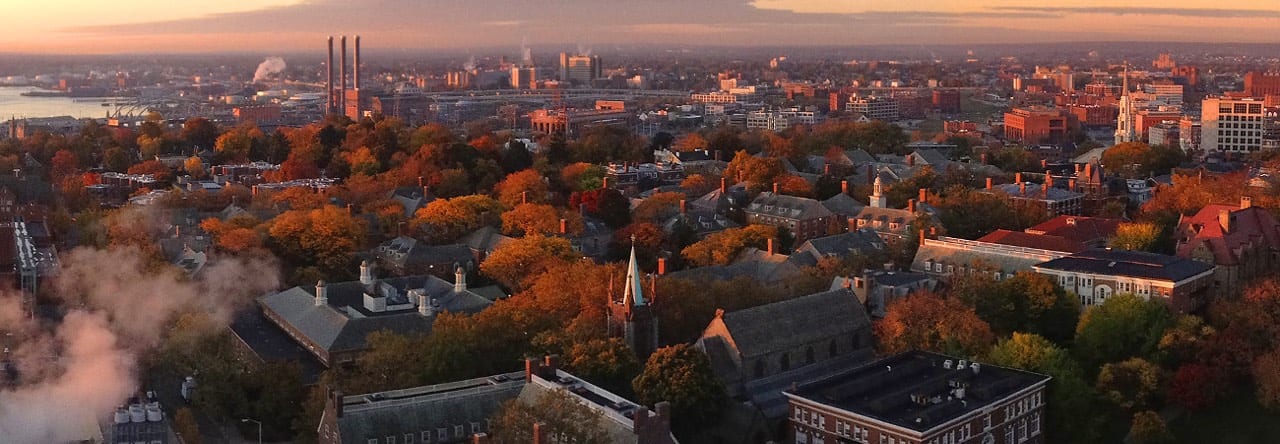Studies in the Desai Lab focus on the design, fabrication, and use of advanced micro/nano biosystems for:
- Cellular integration and tissue engineering—using engineering to recreate or repair the tissues of the body
- Biomimetic architectures for functional biomaterials—copying the physical cues of biology with engineering techniques
- Therapeutic drug targeting and delivery—novel approaches to long-term drug release and targeted, cell-specific drug delivery
Studies focusing on cellular integration and tissue engineering investigate the role of structural mechanics in regulating biochemical pathways, biological adhesion phenomena, cytoskeletal deformation, and active cellular motility. Motivating these fundamental studies in tissue engineering is the development of novel biomimetic materials that emulate the interfacial and structural properties of natural biomaterials.
As a part of our work in tissue engineering the Desai Lab is designing templates to achieve cardiomyocyte attachment and orientation in dynamic environments and has applied microfluidic biopolymer patterning to design multicellular and multilayered vascular analogues that mimic the functional architecture of the body. The potential of using such techniques to recreate hierarchical tissue architecture makes this an exciting tool for cellular and tissue engineering.
The lab is also interested in novel approaches to deliver drugs to specific cells via targeting or over long periods of time by controlled drug release. Examples include lectin-conjugated microdevices for oral delivery and neurotransmitter-conjugated nanoparticles for neuronal targeting, or nanoporous polymer films for hindered diffusion of protein drugs.
